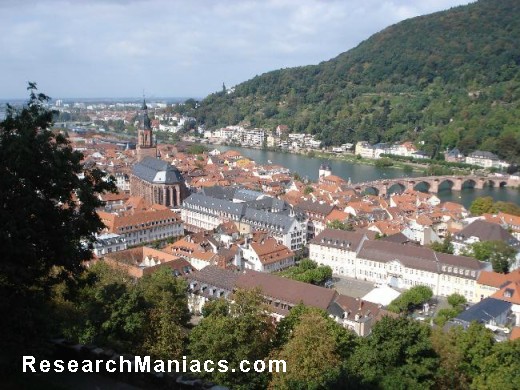Germany
Information about Germany
As Europe's largest economy and second most populous nation (after Russia), Germany is a key member of the continent's economic, political, and defense organizations.
European power struggles immersed Germany in two devastating World Wars in the first half of the 20th century and left the country occupied by the victorious Allied powers of the US, UK, France, and the Soviet Union in 1945.
With the advent of the Cold War, two German states were formed in 1949: the western Federal Republic of Germany (FRG) and the eastern German Democratic Republic (GDR).
The democratic FRG embedded itself in key Western economic and security organizations, the EC, which became the EU, and NATO, while the Communist GDR was on the front line of the Soviet-led Warsaw Pact.
The decline of the USSR and the end of the Cold War allowed for German unification in 1990.
Since then, Germany has expended considerable funds to bring Eastern productivity and wages up to Western standards.
In January 1999, Germany and 10 other EU countries introduced a common European exchange currency, the euro.
In January 2011, Germany assumed a nonpermanent seat on the UN Security Council for the 2011-12 term.

Above picture: The city of Heidelberg lies in Baden-Wurttemberg on the River Neckar. A Roman fortress and settlement in the area was abandoned in A.D. 260. A new settlement began in the 5th century and came to be called Bergheim. Monastic estates were set up in the area over subsequent centuries. By 1196, the first reference to Heidelberg is recorded; this is considered the founding date of the city. The University of Heidelberg - Germany's oldest - was established in 1386.
|
|
|
|